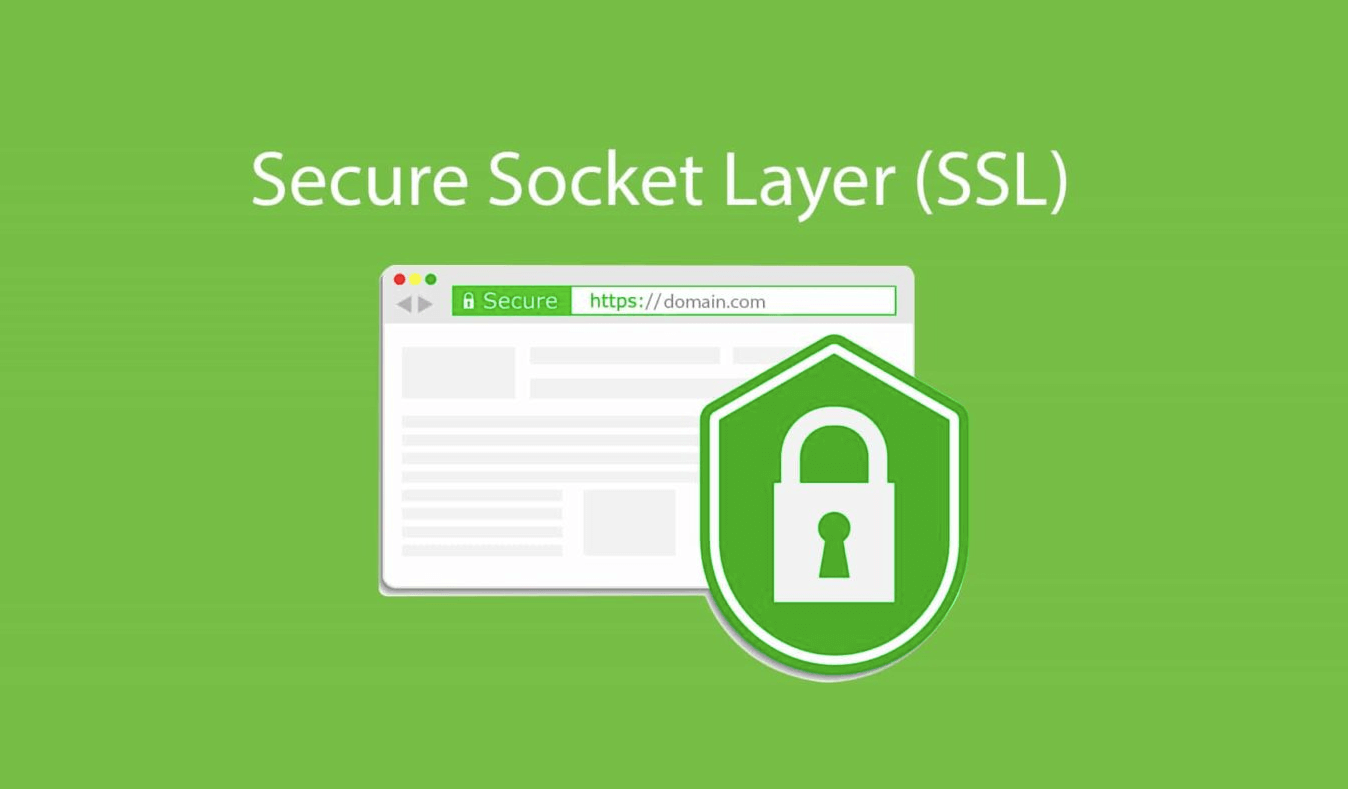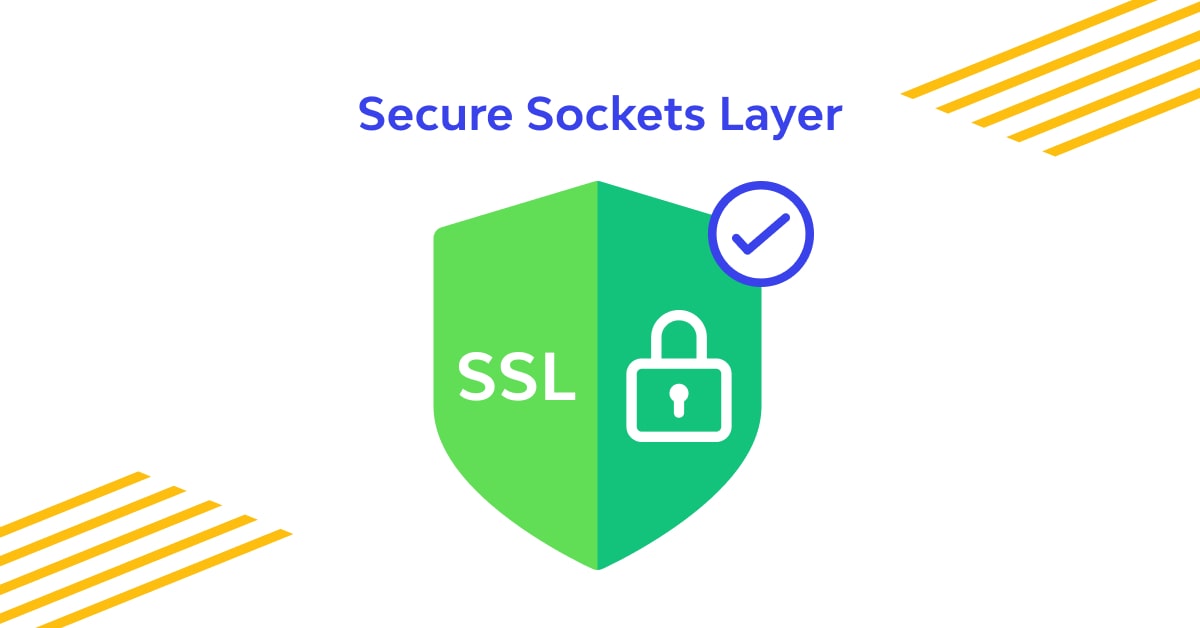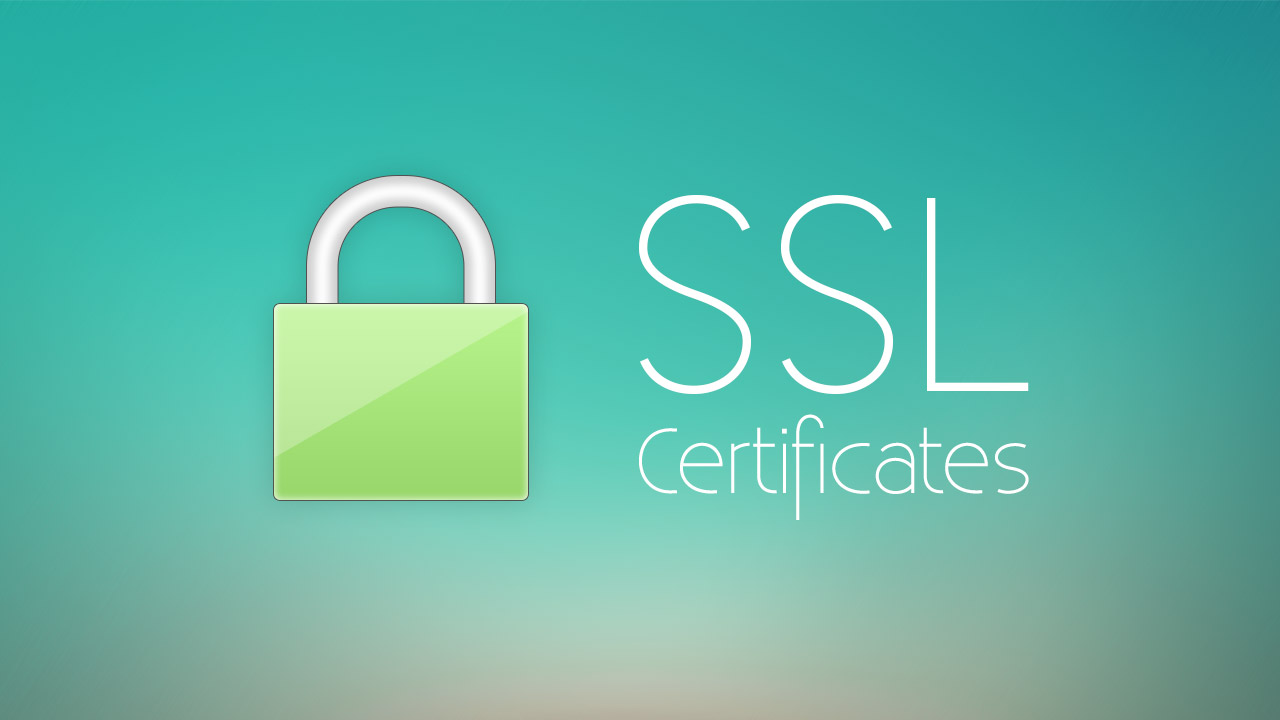In today’s digital age, the internet is a crucial tool for businesses to reach and engage with their customers. However, with the increasing dependence on online transactions and data sharing, security has become a major concern for both businesses and consumers. Any breach in security can result in lost revenue, damaged reputation, and compromised personal information.
This is where SSL (Secure Sockets Layer) comes into play. SSL is a form of encryption technology that ensures the secure transfer of sensitive data between a web server and a client’s browser. It not only protects your customers’ information but also helps to build trust and credibility with them.
In this article, we will dive deep into the world of SSL, its importance, and how implementing it on your website can benefit your business in the long run.
Understanding SSL: What It Is and How It Works
Before we delve into the benefits of SSL, let us first understand what it is and how it works.
What is SSL?
SSL stands for Secure Sockets Layer, which is a security protocol that establishes an encrypted link between a web server and a client’s browser. This ensures that all communication between the two remains private and secure.

SSL stands for Secure Sockets Layer, a security protocol that creates an encrypted connection between a web server and a client’s browser
How Does SSL Work?
When a user visits a website secured with SSL, their browser initiates a handshake process with the website’s server. This involves the exchange of a digital “handshake” between the two parties, which includes a public key, a session key, and a digital certificate issued by a trusted Certificate Authority (CA).
The public key is used to encrypt the data, while the session key is used for the remainder of the secure session. The digital certificate, on the other hand, verifies the identity of the website and ensures that the public key being exchanged belongs to the intended recipient.
Once the handshake is complete, the connection is established, and any data exchanged between the web server and the user’s browser is encrypted and secure.
The Importance of SSL for Your Website
Now that we have a basic understanding of what SSL is and how it works let us explore the importance of implementing it on your website.
Protection Against Cyber Threats
One of the main reasons to implement SSL on your website is to protect it against cyber threats. With the rise of hacking attacks and data breaches, SSL provides an added layer of security to your website. It encrypts sensitive data such as credit card numbers, login credentials, and personal information, making it almost impossible for hackers to intercept and decipher the data.
Boosts Search Engine Rankings
In 2014, Google announced that SSL would be used as a ranking signal in its search algorithm. This means that websites with SSL implemented are more likely to rank higher in search engine results than those without it. By prioritizing websites with SSL, Google aims to promote a safer browsing experience for its users.
Builds Trust with Customers
Having SSL on your website also helps to build trust with your customers. When they visit your website and see the “https” and the padlock symbol in the address bar, they know that their information is secure and can confidently engage with your website. This helps to establish a sense of credibility and reliability, which can lead to increased conversions and repeat business.
Types of SSL Certificates
There are several types of SSL certificates available in the market, each catering to different levels of security and validation requirements. Let us take a look at the three main types of SSL certificates:

Various types of SSL certificates are available in the market, each designed to meet specific security and validation needs
Domain Validated (DV) Certificates
Domain validated certificates are the most basic level of SSL certificates, and they only verify the domain name of the website. These certificates are usually issued within minutes and are ideal for small businesses or personal websites that do not require a high level of security.
Organization Validated (OV) Certificates
Organization validated certificates provide a higher level of security and validation than DV certificates. In addition to verifying the domain name, these certificates also validate the organization’s identity by conducting checks on business registration documents. OV certificates are suitable for businesses that handle sensitive information but do not require extended validation.
Extended Validation (EV) Certificates
Extended validation certificates are the highest level of SSL certificates and provide the most comprehensive validation process. They involve a thorough verification process that includes not only verifying the domain name and organization but also conducting physical and legal checks. Websites with EV certificates display a green address bar, indicating to users that their connection is secure and trusted. This type of certificate is ideal for e-commerce websites, banking websites, and any other site that handles highly sensitive information.
Implementing SSL: How to Get Started
Now that you understand the importance of SSL and the different types of certificates let us explore how to get started with implementing it on your website.
Choosing a Certificate Authority (CA)
The first step in implementing SSL on your website is to choose a trusted Certificate Authority (CA). A CA issues digital certificates and verifies the identity of the website owner. Some popular CAs include Comodo, Symantec, and GeoTrust. It is crucial to choose a reputable and trusted CA to ensure the security and validity of your SSL certificate.
Generating a Certificate Signing Request (CSR)
Once you have chosen a CA, the next step is to generate a Certificate Signing Request (CSR). This is a file that contains information about your website, including its domain name, location, and public key. You can generate a CSR through your web hosting provider or with the help of OpenSSL on your server.
Purchasing and Installing the Certificate
After generating a CSR, you can purchase an SSL certificate from your chosen CA. The process of installing the certificate may vary depending on your hosting provider, but most CAs provide detailed instructions on how to install the certificate on different platforms.
Regularly Renewing Your Certificate
It is important to note that SSL certificates have an expiration date and need to be renewed regularly. Most certificates have a validity period of 1-3 years, and it is crucial to renew them before they expire to ensure continuous security for your website.
Common Misconceptions About SSL
There are some common misconceptions about SSL that often deter businesses from implementing it on their websites. Let us address some of these misconceptions:

Several widespread misunderstandings about SSL often discourage businesses from integrating it into their websites
“SSL is Only Necessary for E-commerce Websites”
While it is true that e-commerce websites handle sensitive information such as credit card numbers, all websites can benefit from implementing SSL. Any website that handles login credentials, contact forms, or any other type of personal information can be vulnerable to hacking attacks. By implementing SSL, you protect not only your customers’ data but also your own business information.
“We Don’t Need SSL Because We Don’t Collect Sensitive Information”
Even if your website does not collect sensitive information, implementing SSL can still provide benefits such as boosting search engine rankings and building trust with your customers. Additionally, hackers can use even the smallest piece of information to gain access to your website, so it is better to be safe than sorry.
“SSL Will Slow Down My Website”
Some people believe that implementing SSL will slow down their website’s loading speed. While this may have been true in the past, modern SSL certificates are designed to have minimal impact on website performance. In fact, Google has stated that HTTPS websites can load just as fast as HTTP websites, so there is no reason to worry about a slowdown.
Other Ways to Ensure Online Security
While SSL plays a crucial role in securing online transactions and data sharing, there are other measures that businesses can take to ensure their online security. Let us discuss some of these measures:
Implementing Two-Factor Authentication (2FA)
Two-factor authentication is an extra layer of security that requires a user to provide two forms of identification before accessing an account or making a transaction. This could be a password and a one-time code sent to the user’s phone, for example. By implementing 2FA, businesses can prevent unauthorized access to their accounts, even if a hacker manages to bypass the SSL encryption.
Regularly Updating Software and Plugins
Hackers are constantly finding new ways to exploit vulnerabilities in software and plugins. That is why it is crucial to regularly update all the software and plugins used on your website to the latest versions. These updates often include security patches that address any known vulnerabilities and help to keep your website secure.
Educating Employees and Customers
In addition to implementing technological measures, it is also important to educate your employees and customers about online security. This includes teaching them how to create strong passwords, recognize phishing scams, and avoid clicking on suspicious links.
Conclusion: The Importance of SSL for Your Business
In today’s digital landscape, implementing SSL on your website is no longer an option but a necessity. It not only protects your customers’ sensitive information but also helps to build trust and credibility with them. By choosing a trusted Certificate Authority, regularly updating your certificate, and taking other security measures, you can ensure the safety and security of your website and your customers’ data.
Investing in SSL may require additional effort and resources, but it is a small price to pay for the peace of mind that comes with knowing that your website and your customers’ information are safe and secure. So, do not hesitate to make the switch to HTTPS and reap the benefits of a more secure and trusted online presence.


